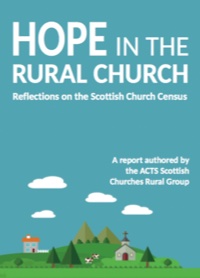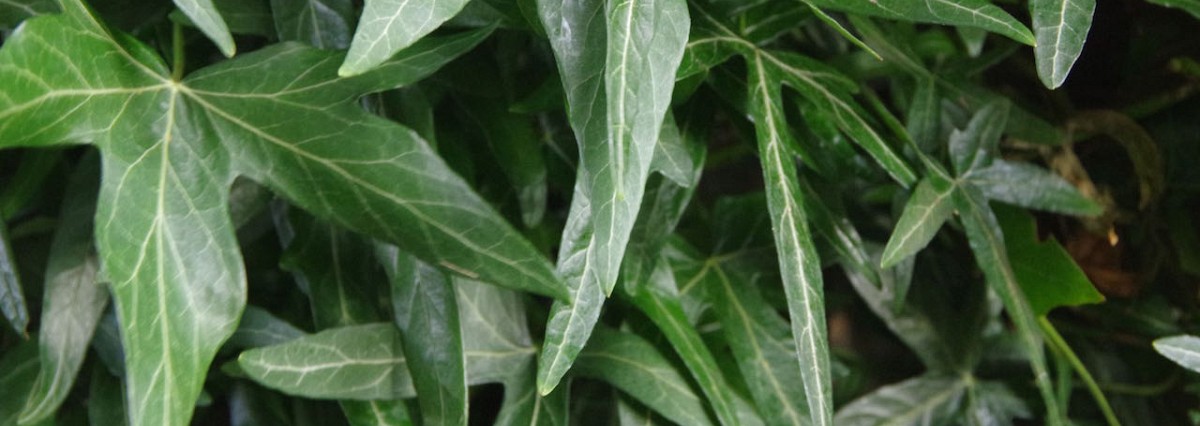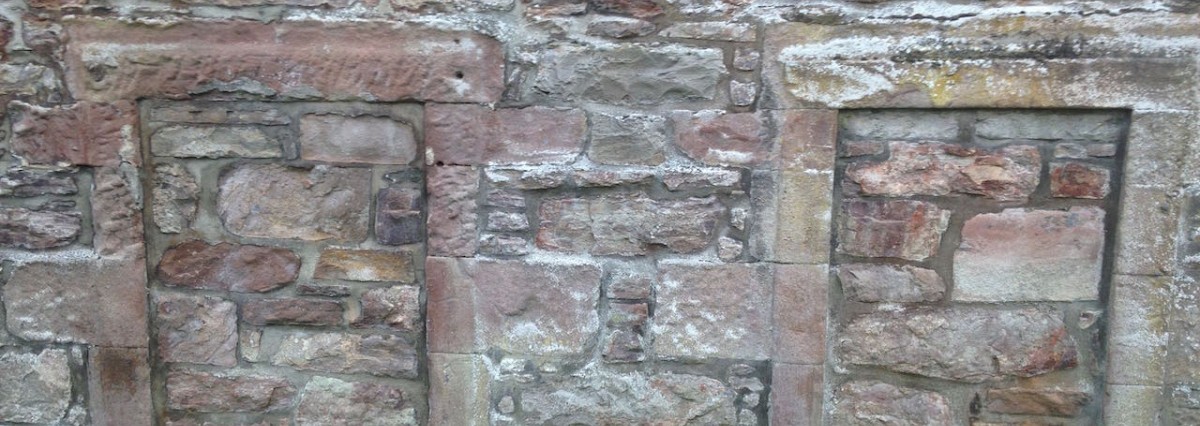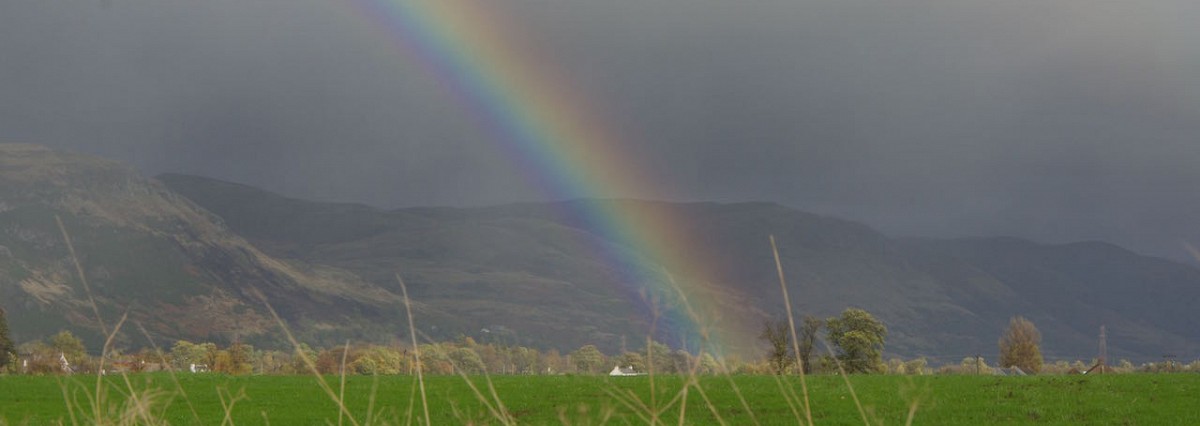Ian Boa
Just God, Simply Christmas
ACTS has supported ALTERnativity to produce an advent resource for 2018. A link to download the resource is at the bottom of the article.
ALTER nativity want to encourage people to get back to the heart of the Christmas message, God being born amongst us to proclaim a new way: the way of liberation, freedom and justice for all peoples.
• Too many people are living in grinding poverty, denied basic freedoms and rights.
• Climate change is displacing people from their land as erratic weather makes traditional farming increasingly untenable.
How we celebrate Christmas in a world where so many of our sisters and brothers are hungry is a constant challenge to us as people of faith.
With this challenge before us, at ALTER nativity we want to find ways to help people think through their actions at Christmas and yet still have a joyful, meaningful and fun celebration.
In preparing for Christmas we encourage people to consider:
• What does it mean that God became human?
• How do we see the holy family as real people, coping with change, pressure and joy?
• Can we resist the pressure to over-spend?
• How do we respond to Mary's concern for the poor?
To download a copy of "Just God, Simply Christmas" please click here.
SCDG - Presentations & AGM
Scottish Churches Disability Group
Presentations and AGM
Saturday 22nd September, 11am
Pilrig St. Paul's Church, 1b Pilrig Street, Edinburgh
A booking form is available here:
Coffee and registration 10:30 am for 11:00 am
Guest Speaker – Rev. Jeremy Balfour M.S.P.
(Chair of Cross-party Group on Disability)
Outline of Programme
10:30 Registration and coffee
11:00 Welcome by Rev. Dan Harper – Chairman
11:05 Worship
11:20 Guest Speaker Rev. Jeremy Balfour MSP
12:00 SCDG Presentation and introduction to website – Accessible information group (Theology of Disability Group and ecumenical group)
12:30 Sung Grace-Denis Shovlin
Lunch
13:15 Chairman's report and AGM
13:45 Exchange of ideas
14:00 Closing Worship
Prayer Requests
ACTS Transition Group Requests
Prayer Intention 1: To Seek God's leading
Prayer Intention 2: To Listen carefully
Prayer Intention 3: To Develop, and share, a clear vision for ACTS
Prayer Intention 4: To Support mission in Scotland
Prayer Intention 5: To Develop a vision for collaboration
Prayer Intention 6: To Offer a structure which enables and enthuses
Prayer Intention 7: To Encourage and Support local ecumenism
Prayer Intention 8: To Broaden the churches who are involved with ACTS
Prayer Intention 9: To Be A collective church voice in Scotland
Prayer Intention 10: To Develop leadership
Prayer Intention 11: To Support the staff of ACTS
Prayer Intention 12: To Be radical
Prayer Intention 13: To Give thanks for the intercessory ministry of Christ
Gladly recognising that the Christ who seeks unity for his people (John 17) prays on our behalf to Father, we invite you to join with us in offering grateful thanks to God who invites us, together, to engage in God's mission and who beckons us forward as his people.
Meetings
We especially value your prayers for these specific days:
Tuesday and Wednesday 24th and 25th July, when the Transition Group shall be meeting to reflect together and draft the main body of the Report.
Monday 3rd September and the following two weeks, during which time the Report shall be considered by the members of ACTS.
Wednesday and Thursday 12th and 13th September, when the members of ACTS meet, among themselves and thereafter with members of other churches in Scotland, to determine the way forward within the providence of God.
Hope in the Rural Church - Reflections on the Scottish Church Census
 The Scottish Churches Rural Group (SCRG), which brings together churches within ACTS with rural interests, has attempted to tease out from the Census figures a rural orientated analysis.
The Scottish Churches Rural Group (SCRG), which brings together churches within ACTS with rural interests, has attempted to tease out from the Census figures a rural orientated analysis.
Our report on the Census has a dual focus. We have looked at the church as it is now and assessed what we think are its ramifications for the future. We ask, what are the trends we currently see in the rural church? What conclusions can we draw? And what action needs to be taken to ensure a thriving future for rural ministry?
The information from the Census is not the only information which has recently become available. In 2016 Steve Aisthorpe published the results of a study he had undertaken into why some Christians no longer go to church, under the title 'The Invisible Church: Learning from the Experiences of Churchless Christians'.
In our report we have also tried to make use of this information in order to come to conclusions as to the way ahead, using all the information which has recently become available.
To download a copy of Hope in the Rural Church please click here
World Council of Churches - 70th Anniversary
The World Council of Churches celebrates its 70th anniversary on 23rd August 2018. Prayers and songs are available for congregations and groups to use.
Link to the main WCC website: http://www.oikoumene.org/en
Link to the WCC 70th anniversary web pages: http://www.oikoumene.org/en/wcc70/
Link to worship resources: http://www.oikoumene.org/en/wcc70/prayers-and-songs
Created in 1948, the World Council of Churches is a Christian organisation dedicated to the search for Christian unity. It is a voluntary fellowship (association) of 348 member churches which confess the Lord Jesus Christ as God and Saviour. Churches in the fellowship of the WCC pursue the vision of ecumenism as they:
- seek visible unity in one faith and one eucharistic fellowship;
- promote common witness in work for mission and evangelism;
- engage in Christian service by meeting human need, breaking down barriers between people, seeking justice and peace, and upholding the integrity of creation.
The aim of the WCC is to pursue the goal of the visible unity of the Church. This involves a process of renewal and change in which member churches pray, worship, discuss and work together.
All Welcome? - how to become a more inclusive Church
The Fellowship of Kilmarnock Churches has arranged for Ivy Blair of the Prospects charity to deliver a workshop on how to enable Churches become more inclusive. It will take place at the Howard Centre in Kilmarnock on Saturday, 21st April, from 2 to 4 p.m. There is no charge for the event.
CCME seek General Secretary
Vacancy announcement: Search for CCME General Secretary
The Churches' Commission for Migrants in Europe CCME is seeking a replacement for the General Secretary who oversees and implements the operations in line with the work programme of the Commission and reports to the Executive Committee and the Assembly of CCME. The General Secretary will lead a small team in the secretariat, and relate to other organisations, particularly the Conference of European Churches and the World Council of Churches.
Further details on the CCME General Secretary vacancy can be downloaded here.
Racial Justice Sunday Service 2018
This years Racial Justice Service will take place at Cardonald Parish Church, 2155 Paisley Road West, Glasgow, G52 3PF.
Hear the words of Martin Luther King on the 50th Anniversary of his death.
The service starts at 4 pm with refreshments to follow.
A poster for the 2018 Racial Justice Service can be downloaded here.
Conference: More Slaves Today than at any Time in Human History
Conference Report: More Slaves Today than at any Time in Human History
The conference was held on Saturday 7th October 2017 and attended by over 100 people. The programme for the day comprised plenary papers from a range of invited speakers and parallel sessions where researchers and practitioners presented their work. The conference concluded with a panel discussion when representatives of a range of different Christian denominations responded to questions from the floor and discussed key issues that had arisen during the day.
Plenary papers
The opening address was given by MSP Ash Denham who is Co-Convener of the Scottish Parliament's Cross Party Group on human trafficking and exploitation. She stated that the buying and selling of human beings is now the second most lucrative illegal business in the world and highlighted the work of the Scottish Government over recent years in introducing legislation to tackle this problem.
Detective Superintendent Stuart Houston, who is the head of the National Human Trafficking Unit, gave a plenary paper in which he stated that, in 2016, 159 cases had been referred to the National Referral Mechanism (NRM), which is the process by which people who have been trafficked can gain help and support. 26% of them were juveniles. Vietnam was the country from which the largest number of people are trafficked into Scotland. The point was made that the number of people referred to the NRM probably represents only a fraction of the number of people who are trafficked. However, because of the illicit nature of human trafficking, actual numbers cannot be determined. DS Houston stated that car washes and nail bars, the agriculture sector and the fisheries industry were highlighted as areas where trafficked victims have been forced to work.
We also heard from Sam Poling, an investigative journalist with BBC Scotland, whose television programme, 'Humans for Sale, was broadcast in May 2017. Sam travelled across Eastern Europe to track down victims sold to Glasgow gangs in sham marriages and for sex. She described scenes of extreme poverty and deprivation of the places where the women came from and the misery of their existence, contrasting this with the luxury in which the alleged traffickers appeared to live. She challenged us, saying that our consumerist society makes us all complicit in the exploitation experienced by victims of trafficking. While we all like a bargain, she suggested that we often silently look away. When we get the cheap car wash/nail polish/newly laid driveway at a knock-down price, are not we too complicit?
Parallel papers
Time constraints dictated that presentation of the remaining papers should be given during parallel sessions. We heard from postgraduate students, academic staff, and practitioners who reported on their work in Russia, Thailand and Africa as well as here in Scotland.
One session focused on the contribution of the legal professions, with the first presentation given by Jennifer Escott. She described on a project in which she provided support to the legal infrastructure in rural areas in the north of Malawi by training paralegals and also representing victims of human trafficking and other forms of abuse. This was followed by Dr Anni Pues who highlighted the role of the International Criminal Court (ICC) in addressing human trafficking, citing cases in Libya, Uganda and Nigeria. The final presentation in this session was from Louise Crichton who described the legal process that victims of human trafficking undergo in the UK with regards the National Referral Mechanism and compared this with the asylum seeking process.
The papers that were presented concurrently by Professor Mary Buckley of Cambridge University, Dr Glenn Miles, and PhD student Shawna Warner related to human trafficking in Russia, Thailand and north north-east Asia. It was striking that many factors are common to human trafficking in each of these countries and include cultural norms, gender discrimination, disability, ethnicity, poverty, and complicit government and law enforcement officials.
Dr Paul Rigby discussed support services available in Scotland to children who are exploited through trafficking. He contended that at present they are subject to a bureaucratic process of identification and labelling through the National Referral Mechanism, which is not child focused, and labels them first and foremost as victims of trafficking rather than children with a wide range of needs and risks.
Rebekah Brown, a medical student at the University of Dundee, reported a study of medical students' knowledge of human trafficking and its potential health effects. She reported significant positive improvements in their knowledge following a training programme.
Osasare Igbinomwar is a PhD student at the University of Stirling who conducted a study in his home country of Nigeria. He pointed out that the people who are trafficked are not the only victims, suggesting out that families and entire nations can suffer. He claimed that Nigeria's entire population is also threatened and exploited, with young people unable to attain their full potentials, adding to development challenges for developing source countries like Nigeria in Sub Sahara Africa.
Panel discussion
The final item on the conference programme was a panel discussion amongst members of the audience and speakers from three different Christian denominations. Speakers on the panel were Dr Carrie Pemberton Ford, Director of the Cambridge Centre for Applied Research in Human Trafficking, Dr Marion Carson, Chair of the European Federation Anti-Trafficking Network and a member of the Scottish Churches Anti-Human Trafficking Group, and Professor Hazel Watson, former Convener of the Scottish Churches Anti-Human Trafficking Group.
The ensuing discussion threw up more questions than answers. Among the topics explored were the scale and complexity of the problem, the need for inter-agency dialogue as well as ecumenical and inter-faith co-operation and communication. We were challenged to reflect on the contradiction between some biblical teaching that apparently condones and accepts slavery, and the fact that God loves us all equally and that Jesus came to heal the broken hearted and to set the captives free.
The day concluded with a vote of thanks and prayer led by the Reverend William Young, a member of the Scottish Churches Anti-Human Trafficking Group.
Presentations from the event
Please find below copies of the presentations of the following participants:
The Vigil of St Andrew - GCT Celebration
The Vigil of St Andrew
Celebrate Scotland's National Day
Wednesday 29th November, 7pm
Our Lady of Lourdes Church
51 Lourdes Ave,
Cardonald
G52 3QU
Music led by 'the St Mungo Singers ensemble and Harp with
Pupils from St Andrew's Secondary
Refreshments to Follow
All Welcome
To download a poster to advertise the Vigil of St Andrew, please click here




